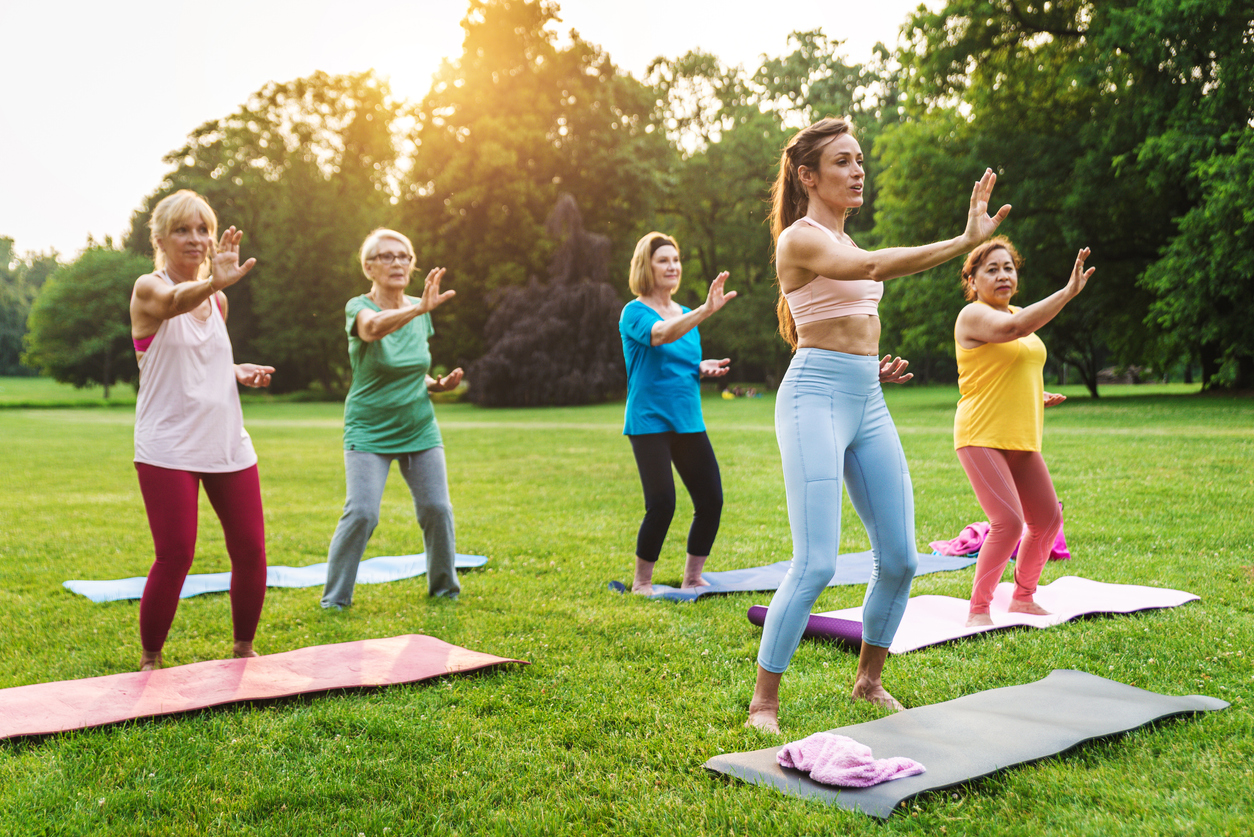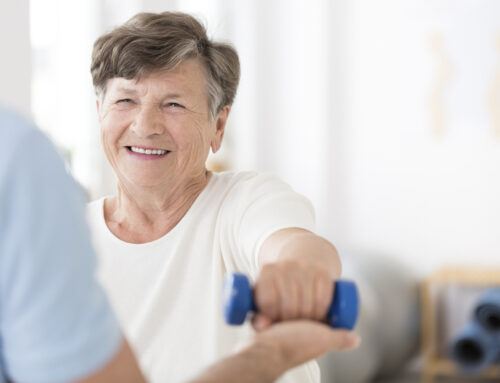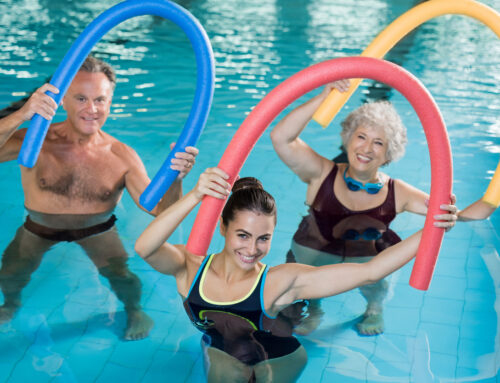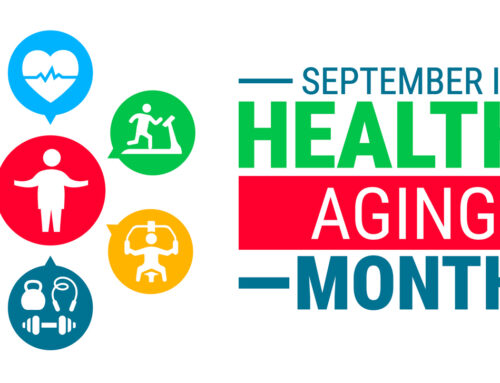Many of us are aware of the benefits of yoga for mental and physical well-being. But did you know that Tai Chi could be equally beneficial? Tai Chi has been practiced in China for at least three hundred years and is known as a non-competitive martial art that combines gentle physical exercise and stretching with mindfulness. And while not as well-known as its yoga counterpart, Tai Chi is becoming one of the biggest trends in senior fitness. FirstLantic, a home healthcare company devoted to health and wellness, explains why Tai Chi is so curative.
Five reasons tai chi is good for seniors
- Improves balance and flexibility
The shifts in body weight that come with performing many tai chi movements help promote better balance. In fact, it enhances proprioception, otherwise known as kinesthesia. Kinesthesia is your body’s ability to sense motion, action, and location and perform physical functions such as walking without consciously thinking about it. Unfortunately, proprioception declines as we age, but tai chi helps maintain it. A fall prevention study by the Journal of the American Geriatric Society found that the practice of tai chi reduced the rate of falls by 43% over the short term (less than 12 months.) Those findings are supported by other studies, including well-known research conducted by the Emory University School of Medicine, which showed that Tai Chi classes help reduce fall risk by almost 50%. And it has been shown to raise the level of confidence in seniors, thereby decreasing their fear of falling.
- Enhances emotional well-being
The series of graceful and deliberate moves that make up Tai Chi has a meditative quality that focuses on connecting mind and body to elicit a sense of inner calm. As Chris Cinnamon, head instructor of Chicago Tai Chi, states, “Tai chi trains you to feel your body with increasing detail and depth. Once you develop greater awareness and sensitivity to your body, you feel where you are holding tension. With that awareness, you can begin to release the tension.”
- Helps with insomnia
Chris Cinnamon explains how tai chi can also help with sleep problems. “The focused awareness of the movements helps a practitioner spend more time in the present moment, rather than accumulating stress by lamenting the past or feeling anxious about the future.” As a result of decreased stress, you may enjoy better sleep.
- Strengthens the core
According to an article published in Harvard Health, tai chi can improve lower-body and upper-body strength when practiced regularly and is comparable to resistance training and brisk walking. And the arm exercise involved in tai chi strengthens the upper body. The movement, known as dan tian, focuses on initiating action from the core and strengthening abdominal and pelvic floor muscles.
- Gentle on the body
Even though there are aerobic-like advantages to tai chi, it doesn’t put stress on muscles and joints like running, jumping, or weight training. Because the movements are gentle and fluid, it also helps improve posture, relieving back pain.
Summary
Exercise can make a significant difference in your quality of life as you age. It can increase stamina and agility and even help with mood and memory. However, you must find the right type of physical activity that doesn’t strain your body. Tai chi has many benefits without a lot of downsides. So, are you ready to get started? Try out this YouTube video for beginners to determine if it’s right for you.
To learn more about FirstLantic Healthcare, click here.
To read more FirstLantic blogs, click here.
 AVAILABLE 24 HOURS A DAY/7 DAYS A WEEK
AVAILABLE 24 HOURS A DAY/7 DAYS A WEEK Careers
Careers







